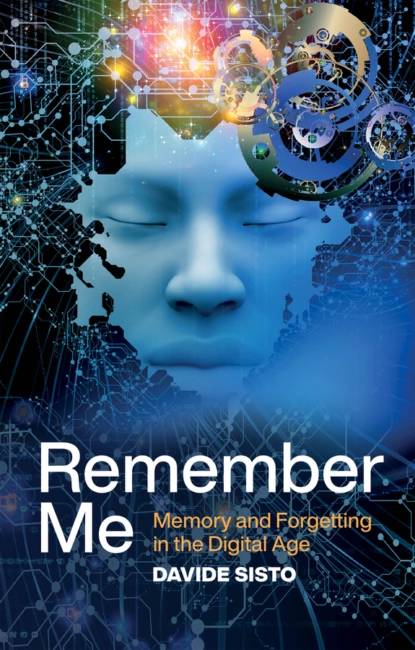Remember Me

Поделись книгой!
Автор: Davide Sisto
Издательство: John Wiley & Sons Limited
Категория: Телевидение
ISBN: 9781509545056
📘 As the end of December draws near, Facebook routinely sends users a short video entitled ‘Your Year on Facebook’. It lasts about a minute and brings together the images and posts that received the highest number of comments and likes over the last year. The video is rounded off with a message from Facebook that reads: ‘Sometimes, looking back helps us remember what matters most. Thanks for being here.’ It is this ‘looking back’, increasingly the focus of social networks, that is the inspiration behind Davide Sisto’s brilliant reflection on how our relationship with remembering and forgetting is changing in the digital era. The past does not really exist: it is only a story we tell ourselves. But what happens when we tell this story not only to ourselves but also to our followers, when it is recorded not only on our social media pages but also on the pages of hundreds or thousands of others, making it something that can be viewed and referenced forever? Social media networks are becoming vast digital archives in which the past merges seamlessly with the present, slowly erasing our capacity to forget. And yet at the same time, our memory is being outsourced to systems that we don’t control and that could become obsolete at any time, cutting us off from our memories and risking total oblivion. This timely and thoughtful reflection on memory and forgetting in the digital age will be of interest to students and scholars in media studies and to anyone concerned with the ways our social and personal lives are changing in a world increasingly shaped by social media and the internet.
Мнения